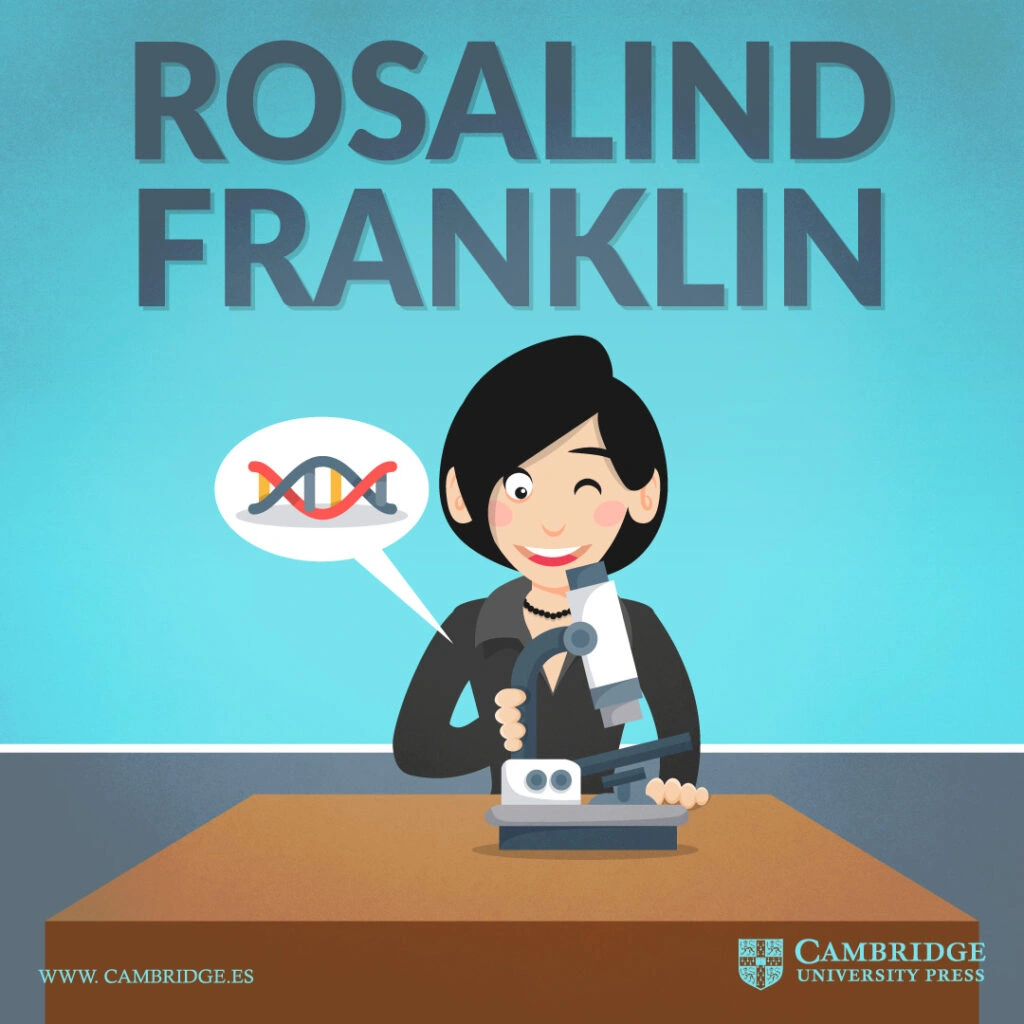El 8 de marzo, Día de la Mujer, es una fecha clave para reconocer la lucha histórica por la igualdad de género y destacar el impacto de mujeres extraordinarias que han cambiado el mundo en diversas disciplinas. A lo largo de los siglos, muchas mujeres han superado barreras, han luchado contra el machismo y han abierto caminos en la ciencia, la literatura, el activismo y el deporte, dejando un legado imborrable.
Desde la ciencia hasta la literatura y la educación, estas mujeres han desafiado las normas establecidas y han allanado el camino para las futuras generaciones. En Cambridge, creemos que el aprendizaje continuo y el conocimiento son herramientas fundamentales para el empoderamiento, por lo que hoy, para celebrar el 8M día de la mujer, queremos rendir homenaje a algunas de las mujeres más influyentes de la historia.
Mujeres que marcaron un antes y un después
Jane Goodall: la exploradora de la naturaleza
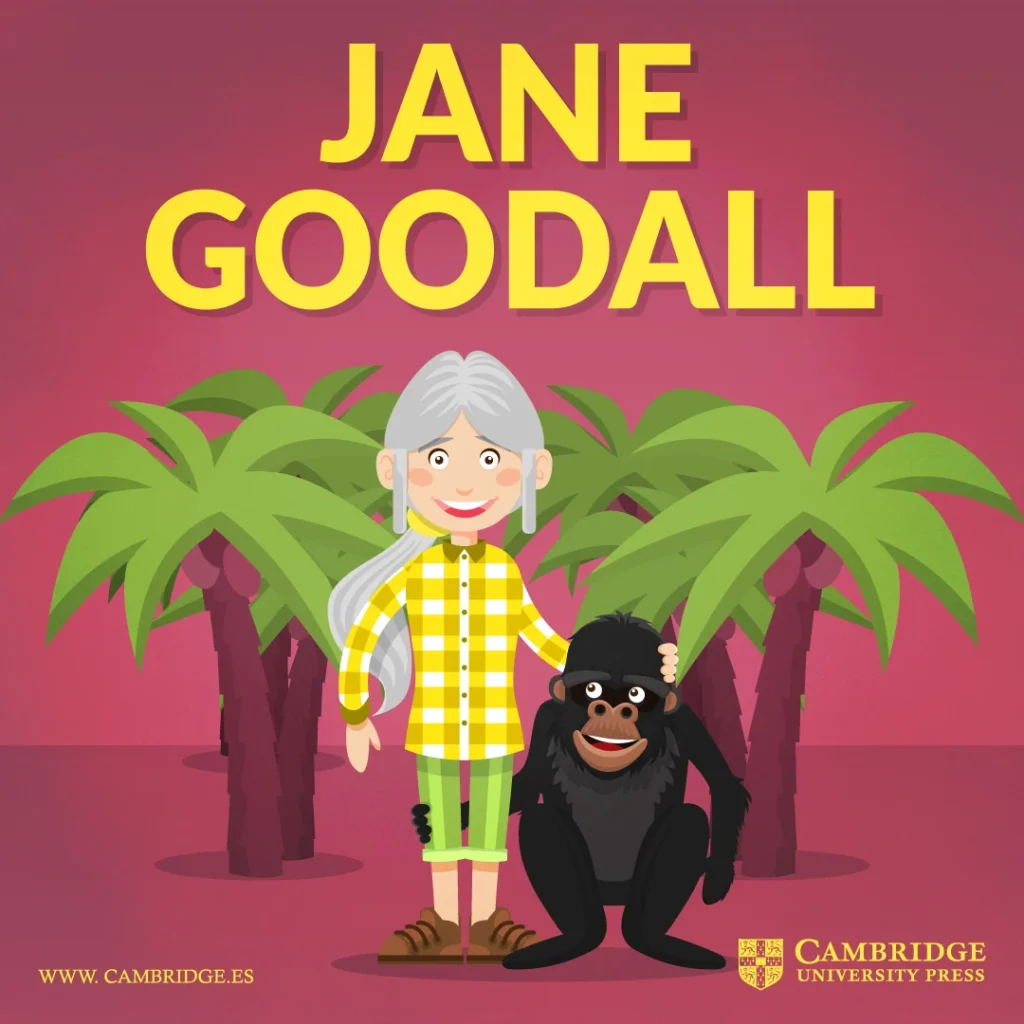
Jane Goodall, nacida en 1934 en Londres, es una primatóloga reconocida por sus pioneros estudios sobre los chimpancés en el Parque Nacional del Arroyo Gombe, en Tanzania.
Su enfoque revolucionario cambió nuestra comprensión sobre la relación entre los primates y los humanos. En 1977 fundó el Instituto Jane Goodall, dedicado a la investigación y conservación de la vida salvaje, y en 2002 fue nombrada Mensajera de la Paz de la ONU.
Jane Austen: la pluma que desafió a su época
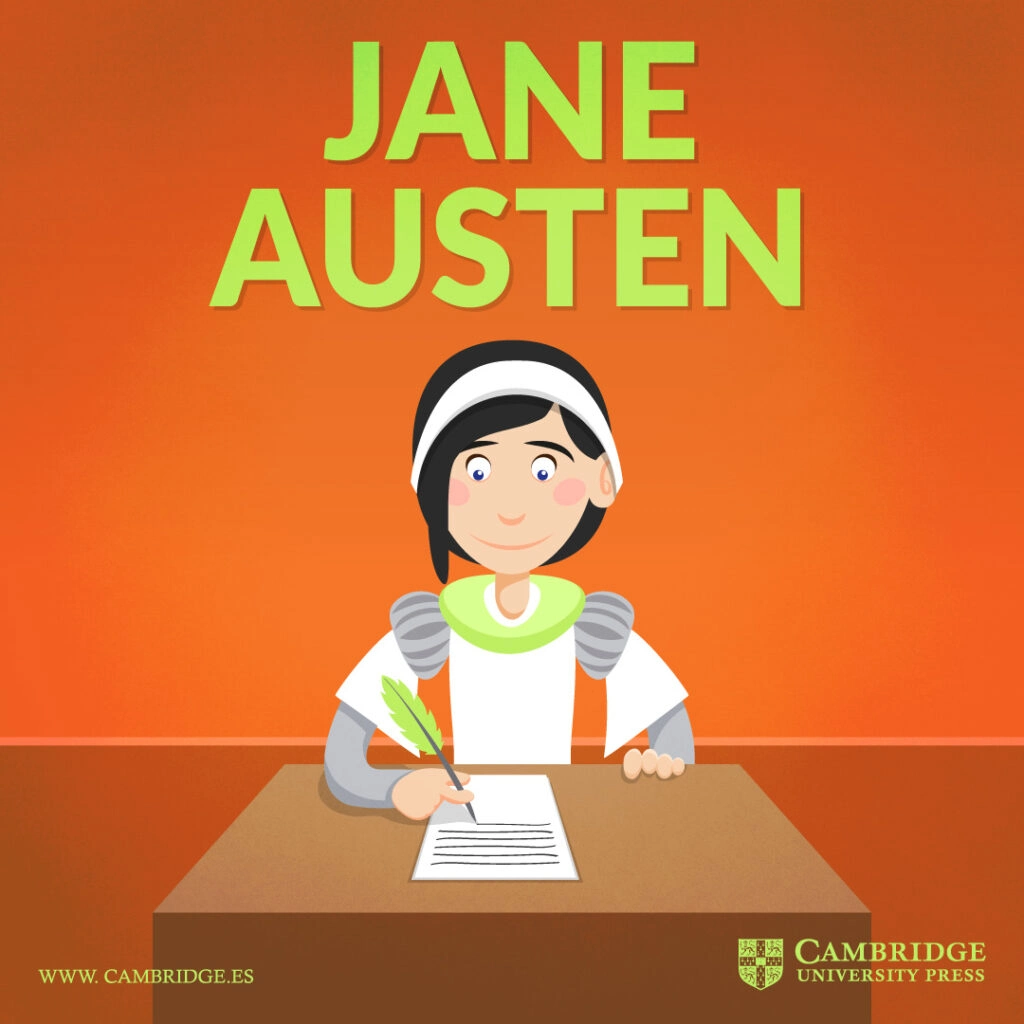
Jane Austen (1775-1817) fue una escritora británica cuyas novelas, como Orgullo y prejuicio y Sentido y sensibilidad, retratan la sociedad de su época y el papel de la mujer en ella.
Aunque publicó sus obras de manera anónima debido a las restricciones impuestas a las mujeres escritoras, su influencia ha trascendido generaciones, consolidándose como una de las autoras más importantes de la literatura universal.
Rosalind Franklin: una científica que cambió la historia
Nacida en 1920 en Londres, Rosalind Franklin fue una científica que realizó las primeras radiografías de materiales genéticos, sentando las bases para el descubrimiento de la estructura del ADN.
A pesar de su fundamental contribución, su trabajo no recibió el reconocimiento que merecía en vida debido a su muerte prematura a los 37 años. Sin embargo, su legado y sus aportaciones se siguen considerando incalculables.
Marie Curie: pionera de la radioactividad
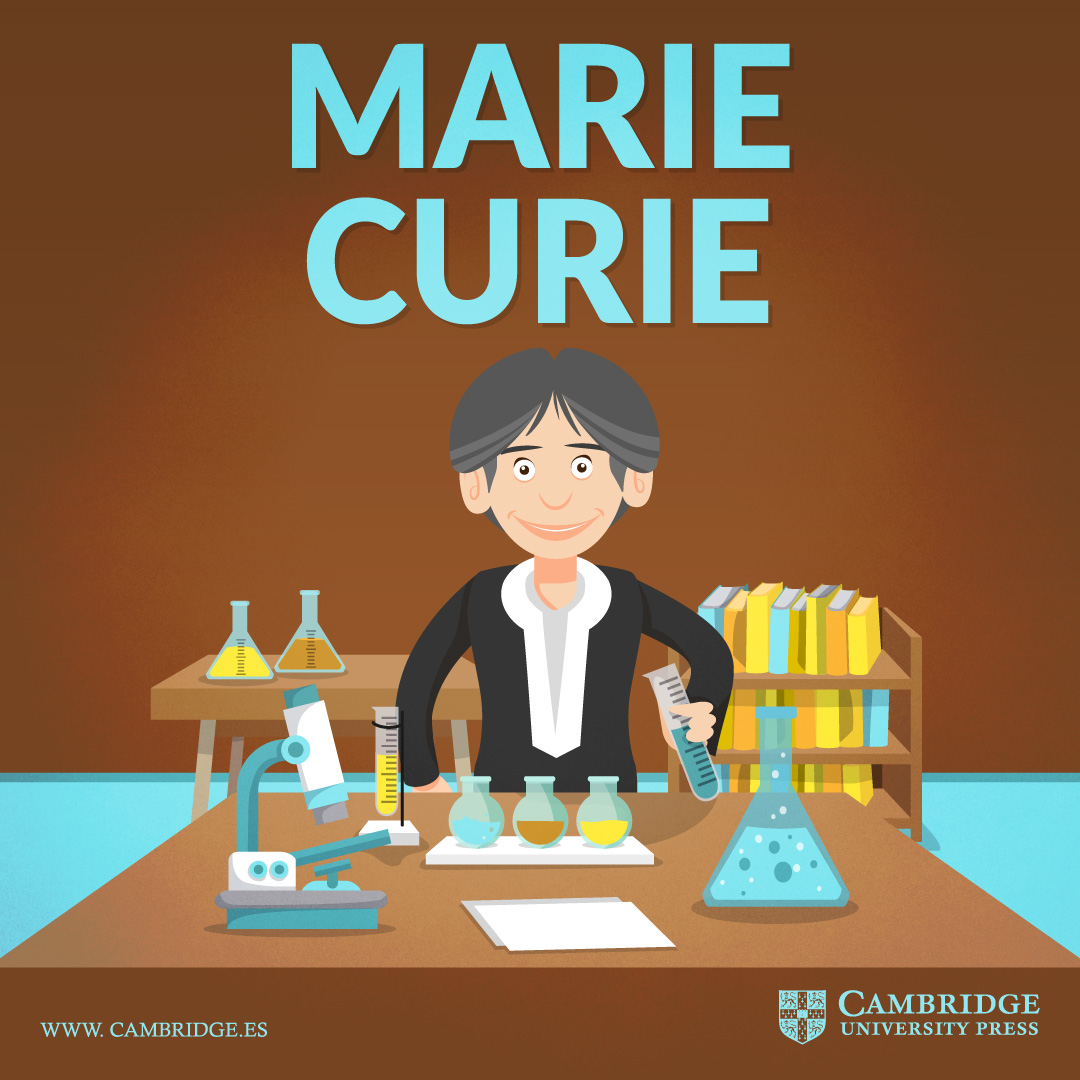
Marie Curie (1867-1934) fue una física y química de origen polaco que revolucionó la ciencia con el descubrimiento del polonio y el radio.
Fue la primera mujer en ganar un Premio Nobel y la única en recibirlo en dos disciplinas distintas: Física y Química. Su trabajo en la radiactividad no solo transformó la investigación científica, sino que también contribuyó al desarrollo de los rayos X.
Malala Yousafzai: la voz de la educación
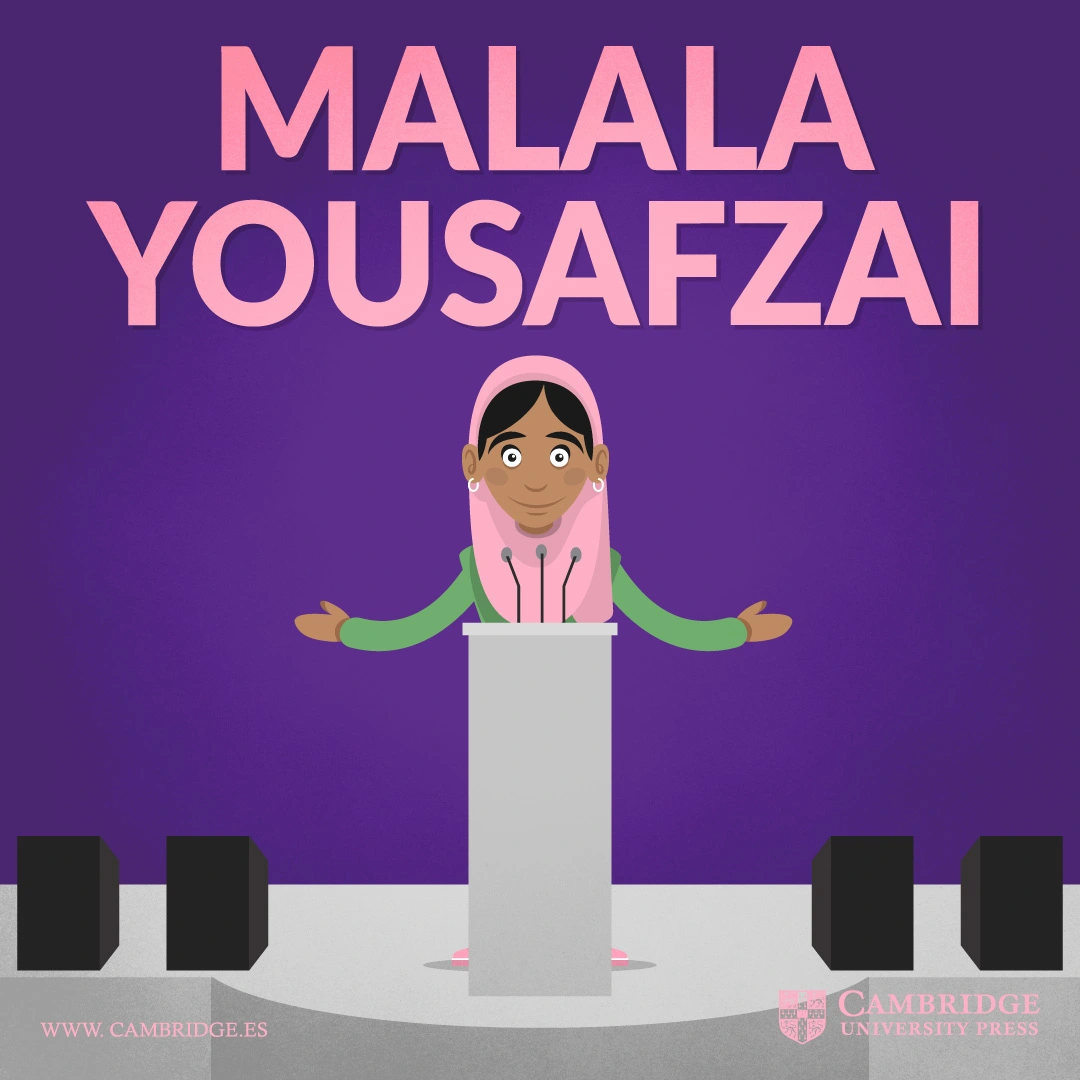
Malala Yousafzai, nacida en 1997 en Pakistán, es una activista que defiende el derecho a la educación de las niñas en su país y en el mundo.
Sobrevivió a un atentado a los 15 años, su valentía la llevó a convertirse en la ganadora más joven del Premio Nobel de la Paz en 2014 y fue nombrada una de las personas más influyentes del año por la revista Time, que la incluyó en su portada.
Su historia sigue inspirando a millones de personas a luchar por la igualdad y la educación
Wangari Maathai: defensora del medio ambiente
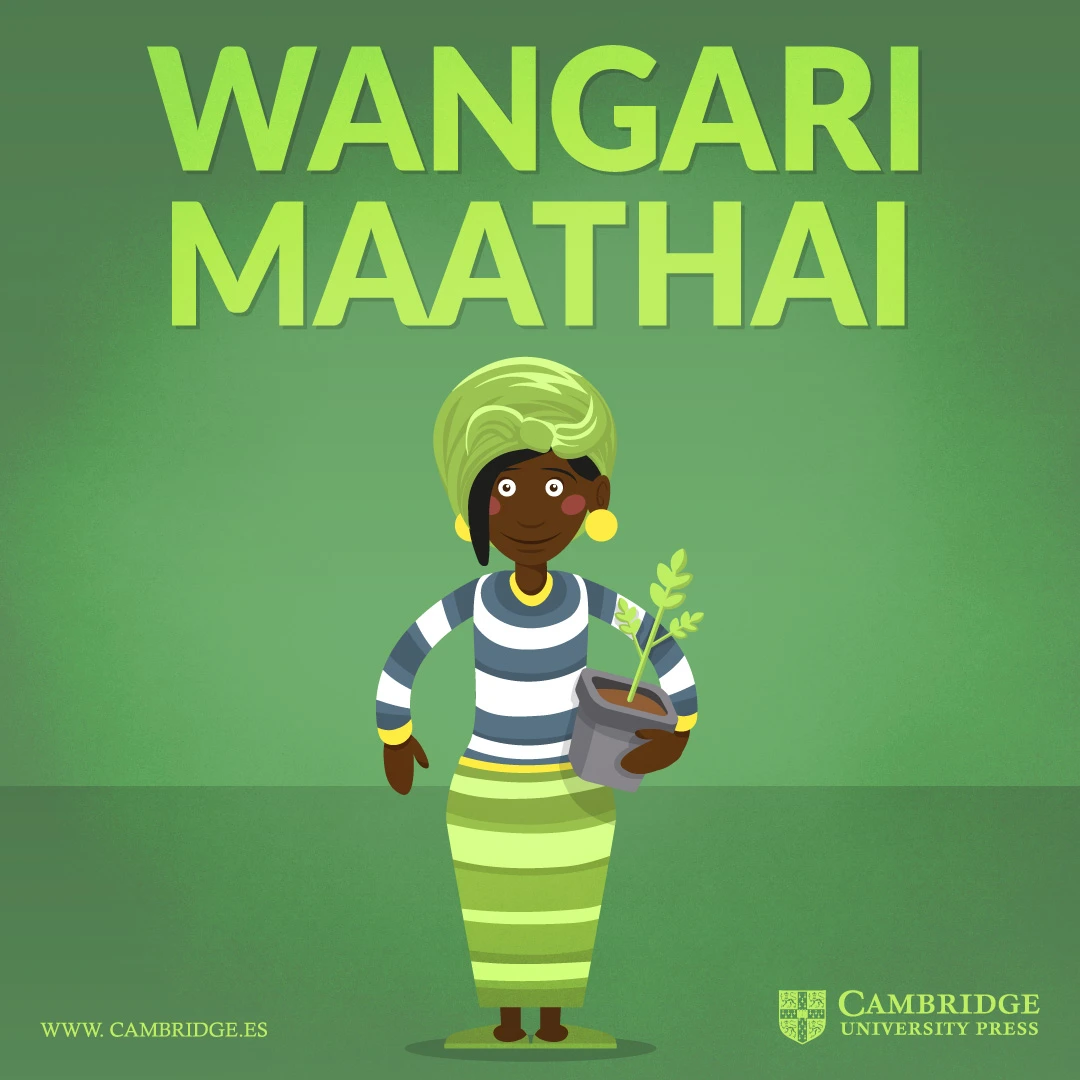
Wangari Maathai (1940-2011) fue una activista medioambiental keniana y la primera mujer de África Oriental en obtener un doctorado.
Fundó el Green Belt Movement, una organización que ha plantado millones de árboles para combatir la deforestación y la desertificación en África. En 2004 se convirtió en la primera mujer africana negra en recibir el Premio Nobel de la Paz.
Nadia Comăneci: una gimnasta que redefinió el deporte

Nadia Comăneci, gimnasta rumana nacida en 1961, hizo historia en los Juegos Olímpicos de Montreal 1976 al obtener la primera puntuación perfecta de 10 en una competencia olímpica de gimnasia. Con siete puntuaciones perfectas y múltiples medallas de oro, convirtiéndose así en un icono de la excelencia atlética.
El legado de las mujeres en la historia y el poder del aprendizaje
Estas mujeres influyentes nos recuerdan la importancia de la igualdad de oportunidades, por lo que el Día Internacional de la Mujer es un recordatorio del camino recorrido y de los desafíos que aún enfrentamos para lograr una sociedad más equitativa.
En Cambridge, creemos que la educación es la herramienta más poderosa para cambiar el mundo, por lo que apoyamos el aprendizaje continuo y el acceso al conocimiento sin barreras. Esperamos que este artículo honre su memoria y ayude a seguir inspirando a nuevas generaciones de mujeres a perseguir sus sueños sin ninguna barrera.

